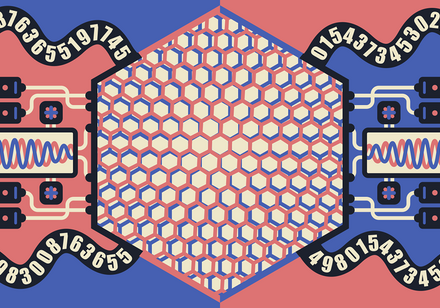Public Lecture: Super Typhoons are Extreme Products of Climate Change: Solutions

- Date & Time
- September 26, 2019 (Thursday) | 5:30 pm - 7:30 pm (light refreshments from 5:10 pm)
- Venue
- Theatre KKLG109, LG/F, K K Leung Building, Main Campus, HKU ( Map )
- Language
- English
- Speaker
- Professor Frank Shu
To view the poster
About the talk
To stop climate change we must transit from burning fossil fuels to using clean energy resources that do not involve the emission of CO2. In this talk, the speaker will discuss the advantages and disadvantages of renewable energy sources, such as wind, water, and solar, relative to nuclear fission and the continued burning of fossil fuels, coupled to CO2 capture and sequestration of the flue gas. A plot of the energy per unit mass, ε, against the energy per unit volume, e, shows many orders of magnitude difference between changes in the mechanical state of ordinary matter versus chemical reactions versus nuclear transformations. These differences raise an apparent paradox concerning how the price of electricity can be roughly competitive for the commercial technologies based on the very different fuel types. Explicit and implicit subsidies for politically favored fuels give a partial explanation, but the turbines that turn flowing fluids into flowing electricity account for most of the result.
Recent developments using turbines driven at high temperature and pressure using supercritical CO2 as the working fluid will give 3rd and 4th generation nuclear reactors a big advantage over fossil fuels and renewables. To reverse climate change requires the world to extract CO2 from the atmosphere. Through the processes of growth and reproduction, evolution has endowed vegetation with the ability to convert carbon dioxide pulled from the atmosphere with water drawn from the soil into liquid and solid organic compounds. We recommend the carbonisation of the global annual waste from farms and ranches into an inert soil enhancer called biochar.
The existing program in Hong Kong of composting food waste is a good complement to the use of biochar as a soil amendment to improve crop productivity, conserve fresh water, and renew damaged lands. The speaker will show that the burying of the charged biochar back into the soils of the farms and ranches of the world can lower the CO2 concentration in the atmosphere to a safe level by 2100 if some combination of renewables, nuclear power, and fossil fuel usage with carbon capture and sequestration can reduce to zero the emission of CO2 from total global energy consumption in 2050.
About the speaker
Professor Frank Shu, a world renowned astrophysicist, university professor emeritus of astronomy at the University of California, Berkeley and University of California, San Diego, and Shaw Laureate 2009 for his outstanding life time contribution to theoretical astronomy.
Over the last decade and longer, Professor Shu has turned his attention to methods on mitigating climate change. This issue must surely be the most important existential question for all of us today, in particular for young people and especially students, some of whom will have to take up the challenge.
ALL ARE WELCOME


